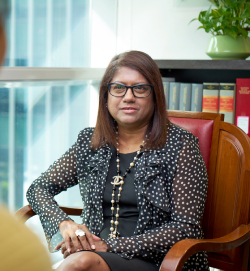
Singapore is recognized as one of the least corrupt countries in the world and for its Government’s will power to keep corruption at bay. Singapore’s corruption control system is highly effective.
Singapore’s anti-corruption legal framework
- Bribery offences are primarily governed under the Prevention of Corruption Act which was enacted in 1960.
- The centre of this Act is a general prohibition of giving, promising or offering, soliciting, accepting or agreeing to receive a gratification in either the public or private sector.
- Both individuals and companies can be held liable for bribery offences. The Term “Person” is defined in the Singapore Interpretation Act to include “any company or association or body of persons, corporate or unincorporated”.
News Paper Report on Bribery & Corruption
Penalty for the offence governed by the Prevention of Corruption Act.
- As for criminal penalty, any person found guilty of an offence by the Prevention of Corruption Act shall be liable on conviction to a fine or to imprisonment, or to both.
- Where a corrupt offender is convicted of an offence for accepting any gratification, and if the value of such gratification is assessable, under section 13 of the PCA, the Court shall also order him to pay a penalty equivalent to the amount of bribes he received.
Enforcement agencies
In Singapore, the anti-corruption laws are enforced by a number of enforcement agencies, including:
- The Corrupt Practices Investigation Bureau (“CPIB”)
- Attorney-General’s Chambers (“AGC”)
- Commercial Affairs Department (“CAD”)
- Monetary Authority of Singapore (“MAS”)
- The Singapore Exchange Limited (“SGX”)

